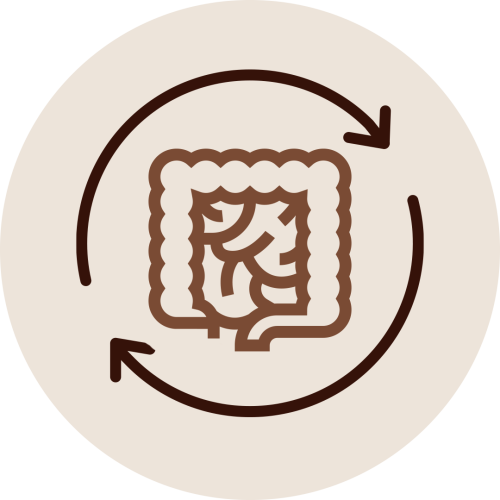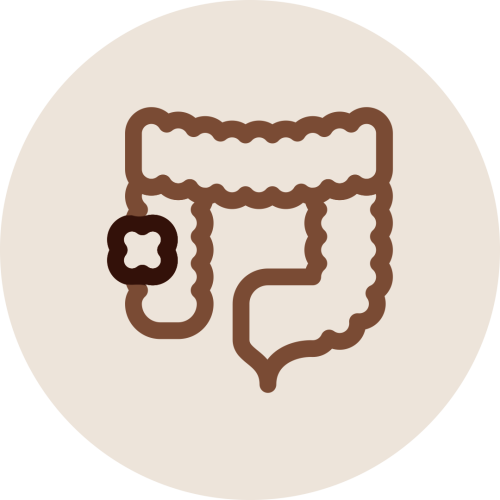The Kshara Sutra procedure is performed under sterile conditions by a trained Ayurvedic surgeon and is often an Outpatient Department (OPD) procedure, requiring only brief hospitalisation or none at all.
Patient Assessment: A thorough examination, often involving a fistulogram (for fistulas) or proctoscopy, is done to ascertain the exact path, depth, and extent of the tract. Next, the procedure is typically performed under local or spinal anaesthesia to ensure the patient’s comfort.
Preparation of the Kshara Sutra: The thread is prepared over several days by repeatedly coating a surgical linen thread with latex from the Euphorbia neriifolia (Snuhi), followed by fine powders of alkaline ash (Kshara) (e.g., from Achyranthes aspera (Apamarga)), and sometimes turmeric and other antiseptic herbs.
Probing and Insertion: A special malleable probe is guided through the external opening of the fistula and out of the internal opening (or through the base of the pile mass). The Kshara Sutra is attached to the probe and carefully drawn along the entire length of the tract. The two ends of the thread are secured and tied together at the external opening. For fistulas, this ensures the thread forms a complete loop within the tract.
Follow-up and Replacement: The Kshara Sutra is allowed to remain in place. Due to the continuous action of the medicated thread, it gradually cuts and clears the diseased tissue (cutting-cum-healing). The thread typically cuts a small portion of the tissue (about 1-2 cm) per week. The physician replaces the thread with a freshly medicated one every 5 to 7 days until the entire tract is cut through and healed from within. The duration depends on the length of the fistula tract.
Post-treatment Care: Patients are advised on proper hygiene, regular Sitz baths (warm water bathing of the anal area), and specific dietary recommendations (high fibre, avoiding spicy/fried foods) to ensure soft bowel movements and promote healing. Oral Ayurvedic medicines may be prescribed to control pain and inflammation.





















